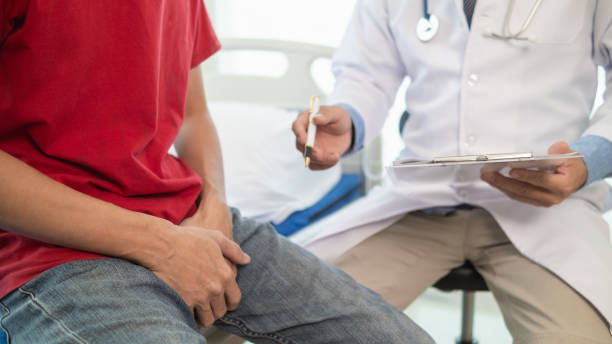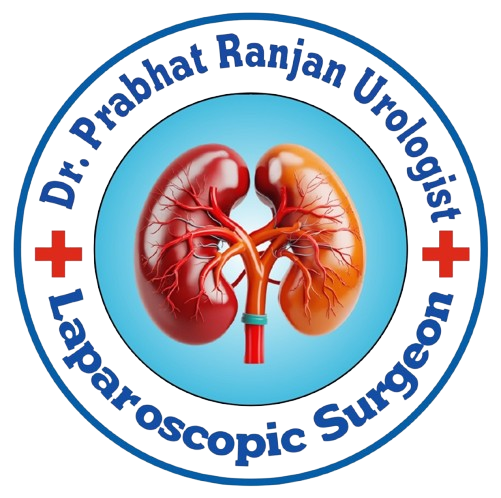- Delhi, NCR
- +91-7840059590

Testicular Cancer is a rare form of cancer that affects the testicles, often striking young men between the ages of 15 and 35. Early detection and intervention are key to successful treatment. Dr. Prabhat Ranjan, a leading urologist, offers expert care for patients diagnosed with testicular cancer, providing personalized treatment options for the best outcomes.
Testicular cancer often begins with the development of a painless lump or swelling in one of the testicles. In some cases, the lump may be small, but it gradually grows larger over time. The testicle may feel harder than normal or experience a change in size. Some men report pain or discomfort in the testicle, scrotum, or lower abdomen, especially after physical activity. A sensation of heaviness in the scrotum may also be present.
As the cancer progresses, it may spread to lymph nodes, leading to symptoms such as lower back pain or abdominal discomfort. In rare cases, patients may notice gynecomastia (enlarged breasts) as a result of hormonal changes caused by the cancer.
Prompt medical evaluation is essential for testicular cancer, as early-stage treatment yields a high success rate.
Dr. Ranjan utilizes a variety of diagnostic tools, including:

Dr. Ranjan emphasizes the importance of regular self-examinations to detect any unusual changes in the testicles. Early detection and timely medical attention can significantly improve the chances of successful treatment. Men with a family history of testicular cancer should be particularly vigilant and consult with a healthcare provider for appropriate screenings.
We're always here to assist you! Feel free to reach out with any questions, feedback, or inquiries about our services. Contact us today to see how we can help!

 Call Now Button
Call Now Button